Muscular dystrophy: Mother of Castleford boy to question experts
- Published
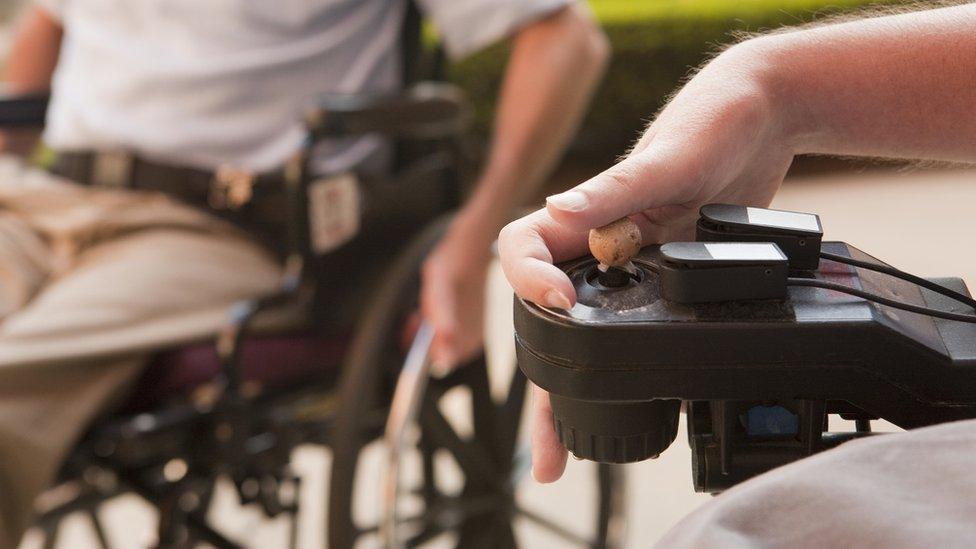
DMD is a severe progressive disease and mostly affects boys
A woman from Castleford whose son has a rare muscle-wasting disease is set to quiz medical experts meeting in Leeds.
Alex Johnson's 11-year-old son has Duchenne Muscular Dystrophy (DMD). She co-founded the charity Duchenne UK 10 years ago.
The condition, which has no cure, leads to loss of muscle function and strength and ultimately an early death.
Ms Johnson said she wanted to find ways to give people with the condition better care.
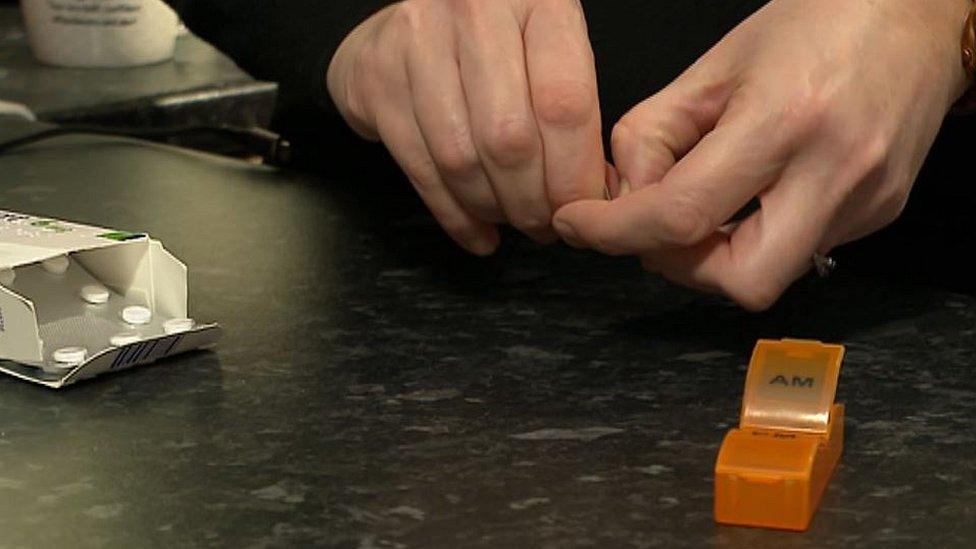
DMD sufferers usually die in their mid-20s
DMD is the most common fatal genetic disease in children and almost entirely affects boys and young men - about 2,500 of them in the UK have DMD.
Children born with the degenerative disease have a genetic mutation that stops them producing dystrophin, a protein that is vital for muscle strength and function.
Clinicians from across the country are set to meet later at Leeds University Business School to spend two days discussing progress in treating the disorder.
Ms Johnson said she had been dismayed to find "huge variations" in the knowledge and treatment of DMD, "sometimes with fatal consequences".
She said she hoped the meeting in Leeds would help establish "standards of care" across the NHS.
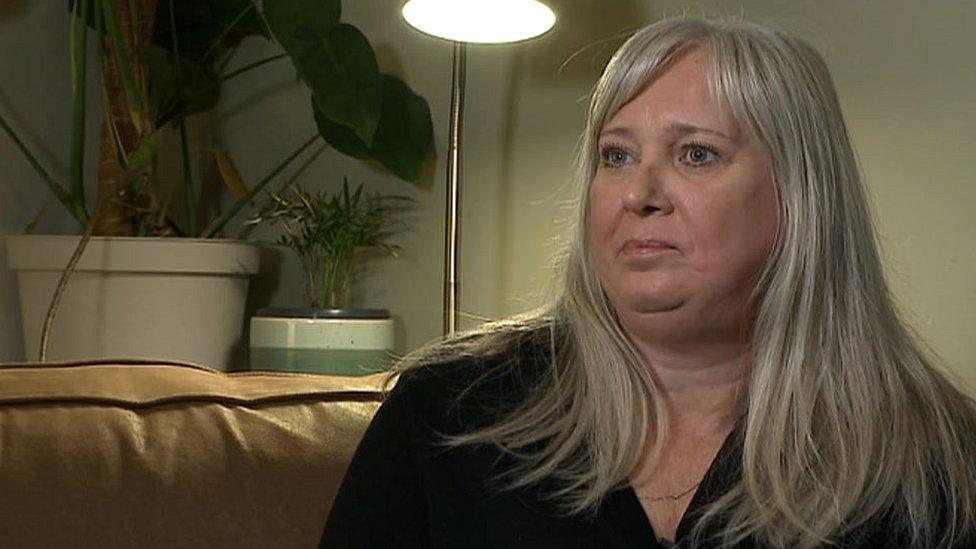
Claire Sowden said her son who has DMD struggled to walk as his muscles had weakened
Meanwhile, Claire Sowden from Pocklington in East Yorkshire said her 11-year-old son who has the disease, struggled to keep up with his friends at school.
She said a trip with her son to A&E was "frightening" because doctors were "unclear" about the condition.
She said the "close-knit DMD community" had found care differed "depending on whereabouts you are in the country", due to varying degrees of knowledge about DMD.
Ms Sowden said she hoped the meeting in Leeds would "increase awareness" of the disease.
"Because it's so rare nobody has heard of it, everybody needs to be more aware of Duchenne," she said.

Follow BBC Yorkshire on Facebook, external, Twitter, external and Instagram, external. Send your story ideas to yorkslincs.news@bbc.co.uk, external.
Related topics
- Published30 August 2018
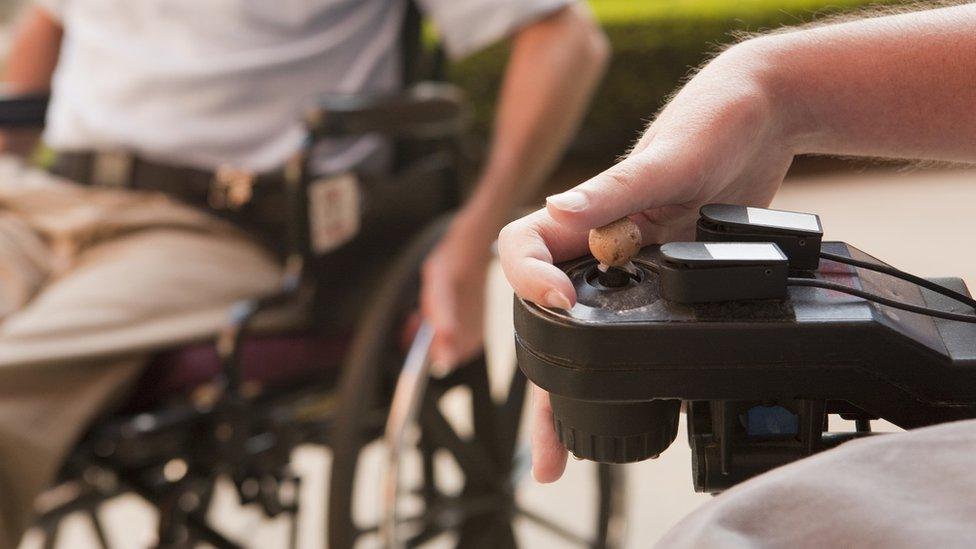
- Published27 June 2016
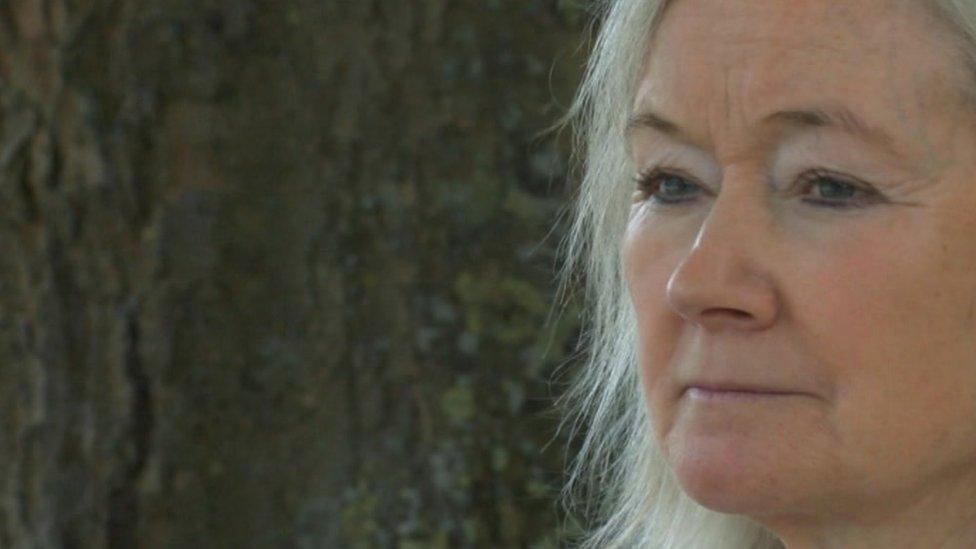
- Published16 April 2016
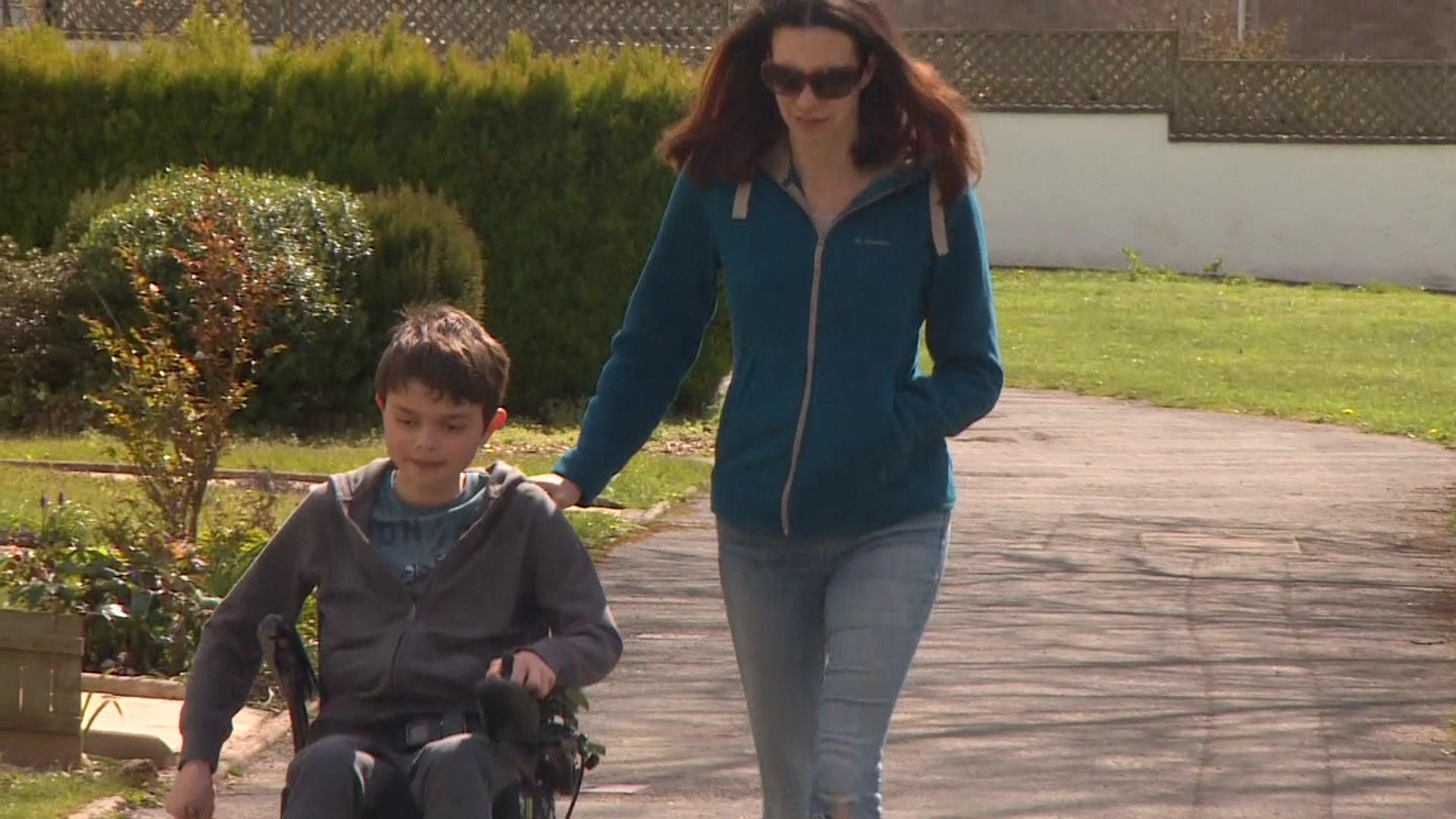
- Published15 April 2016
